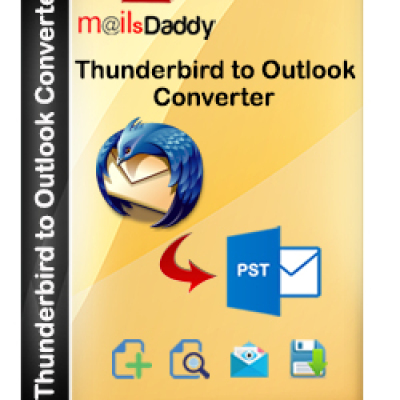Book Summary:
"The Sixth Extinction: An Unnatural History" is a non-fiction book written by Elizabeth Kolbert. It was published in 2014 by Henry Holt and Company and spans 336 pages. The book delves into the current mass extinction event, known as the Sixth Extinction, which is primarily caused by human activity. Kolbert examines the devastating impact of human actions on various species and ecosystems, providing a comprehensive exploration of the ongoing loss of biodiversity.
About the Author:
Elizabeth Kolbert was born on June 11, 1961, in New York City, United States. She is an American journalist, author, and environmentalist. Kolbert has a background in science journalism and has written extensively on environmental issues. Her work has appeared in publications such as The New Yorker and The New York Times. In addition to "The Sixth Extinction," Kolbert has also authored "Field Notes from a Catastrophe: Man, Nature, and Climate Change."
Contents of the Book:
"The Sixth Extinction: An Unnatural History" is divided into 13 chapters, each focusing on different aspects of the current mass extinction event. Kolbert explores the history of past mass extinctions, the role of human activities in driving the current extinction event, and the specific species and ecosystems affected. She examines various case studies, from the extinction of the golden toad in Central America to the decline of coral reefs due to ocean acidification. The book also delves into the ethical implications and potential consequences of this ongoing crisis.
Main Takeaways of the Book:
1. Human impact on biodiversity: Kolbert highlights the significant role of human activities, such as deforestation, pollution, climate change, and habitat destruction, in driving the current mass extinction event. She demonstrates how these actions have disrupted ecosystems and caused the loss of numerous species.
"Kolbert presents compelling evidence of the direct and indirect ways in which human activities have contributed to the decline of biodiversity and the extinction of countless species."
2. The interconnectedness of ecosystems: The book emphasizes the intricate interconnectedness of different species and ecosystems, highlighting how the loss of one species can have far-reaching consequences for the entire ecosystem.
"Kolbert illustrates the delicate balance of ecosystems and how the loss of key species can trigger a cascade effect, leading to further extinctions and ecological disruption."
3. The urgency of conservation efforts: "The Sixth Extinction" serves as a call to action, urging readers to recognize the gravity of the current crisis and take steps to mitigate further damage. Kolbert emphasizes the importance of conservation efforts, scientific research, and public awareness in addressing the extinction crisis.
"Through her powerful narrative, Kolbert underscores the urgent need for collective action to protect and preserve the natural world before it's too late."
Famous People's Saying About This Book:
- Barack Obama, former President of the United States, recommended "The Sixth Extinction," stating that it provides a sobering account of the impact of human activity on the planet.
- Bill Gates, co-founder of Microsoft, praised the book for its insightful exploration of the ongoing extinction crisis and its implications for the future of life on Earth.
Other Books with Similar Themes:
1. "The Uninhabitable Earth: Life After Warming" by David Wallace-Wells (2019)
2. "The Vanishing Face of Gaia: A Final Warning" by James Lovelock (2009)
3. "The Future of Life" by Edward O. Wilson (2002)
Other Books with Opposing Ideas:
1. "The End of Nature" by Bill McKibben (1989)
2. "The Skeptical Environmentalist: Measuring the Real State of the World" by Bjorn Lomborg (2001)
3. "Apocalypse Never: Why Environmental Alarmism Hurts Us All" by Michael Shellenberger (202
Note: The books listed with opposing ideas may present alternative perspectives on environmental issues and the extent of the current extinction event.
Tycka om
Kommentar
Dela med sig









